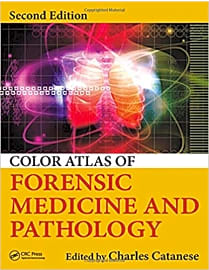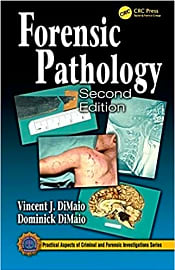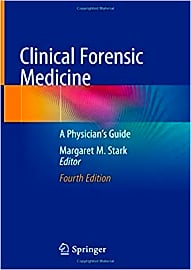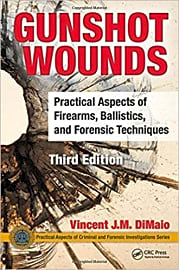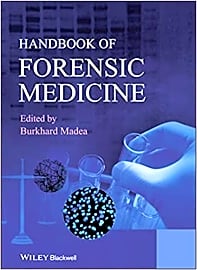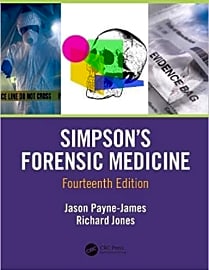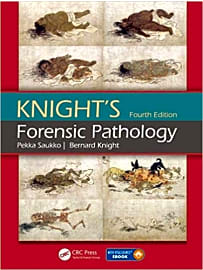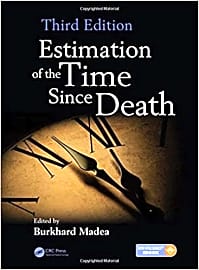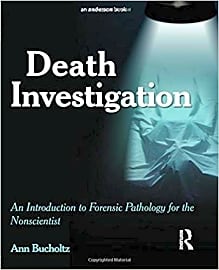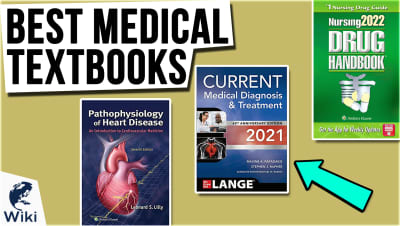The 10 Best Forensic Medicine Textbooks


This wiki has been updated 26 times since it was first published in July of 2018. Forensic medicine is not for the faint of heart -- professionals in the field are responsible for performing accurate autopsies and investigating suspicious, and sometimes gruesome, deaths. If you’re looking to work in this area or are fascinated by postmortems, you’ll gain a solid grounding from one of the textbooks on our list, all of which offer in-depth information and instructive visuals. When users buy our independently chosen editorial selections, we may earn commissions to help fund the Wiki.
Editor's Notes
April 02, 2020:
Forensic medicine covers a lot of ground and incorporates a multitude of sub-disciplines, so textbooks on the subject must be rigorous and detailed whether niche or complete. They need to be visual, easy to read, free of unnecessary jargon, and filled with helpful case studies and up to date data. We also wanted books that would help legal professionals and law enforcement, as well as supplement medical textbooks for future nurses and doctors.
Our selection was curated with this criterion in mind, with comprehensive references like Spitz and Fisher's Medicolegal Investigation of Death, books for the layperson, such as Death Investigation: An Introduction, and tomes meant for professionals in the field like Gunshot Wounds and Clinical Forensic Medicine. Outside of that, you'll also find handy supplements perfect for expanding your working knowledge, like The Color Atlas of Forensic Medicine and Pathology and Estimation of the Time Since Death.
Our latest update saw the removal of Fundamentals and Perspectives, which, despite being an informative and well-rounded text, has a lot of crossover with the more up-to-date Clinical Forensic Medicine. We filled the vacancy with another ultra-comprehensive addition, The Handbook of Forensic Medicine. This 1,000-plus page volume takes a holistic approach and covers diverse aspects of forensic medicine to paint an extremely inclusive picture for the serious student.
As of the writing of this note, all selections have been updated to their most current iterations.
Special Honors
The National Association of Medical Examiners The National Association of Medical Examiners, also known as NAME, was founded in 1966 and is the premier professional organization for medical examiners, forensic pathologists, and medicolegal affiliates and administrators. Members benefit from a wealth of resources, such as an online subscription to the American Journal of Forensic Medicine and Pathology, committee participation, information on developing autopsy standards and ongoing research, and much more. thename.org


